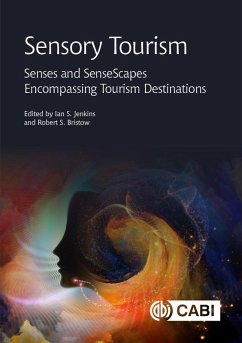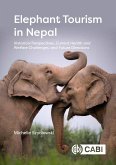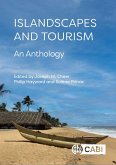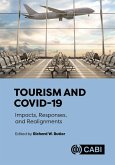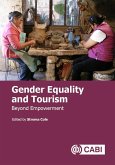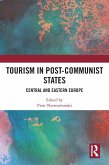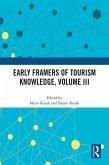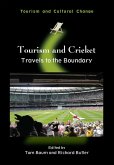Tourism offers countless global locations, providing a multitude of sensory experiences. These include commercialised tourism products such as saunas and floatation tanks through to natural phenomenon such as mountains and wilderness destinations. Consequently, sensory elements are a curious concept within tourism because every destination provides a sensory experience of one kind or another. The first of its kind, this book examines holidays and tourism through sensory perceptions which either encourage or deter consumers. It studies sensoryscapes and how they effect and affect tourism at destinations and be linked with the development of tourist niches, reflecting the segmenting of the mass market tourism into smaller segments. Finally, it reflects on how with increased urbanisation there a growing need is to find quiet spaces, free from urban or anthropogenic noise, such as silent retreats and dark sky meditation holidays. Escape has always been one of the main components of tourism development together with attraction to spatial locations that match tourists' needs. Structed to address each of the senses separately, this book provides a: · wide range of case studies from interdisciplinary backgrounds · links amongst common themes across the various threads of research on sensory experiences · theoretical framework and practical application for sensory tourism. It will be of interest to those studying tourism management as well as wider social science disciplines.
Dieser Download kann aus rechtlichen Gründen nur mit Rechnungsadresse in A, D ausgeliefert werden.

